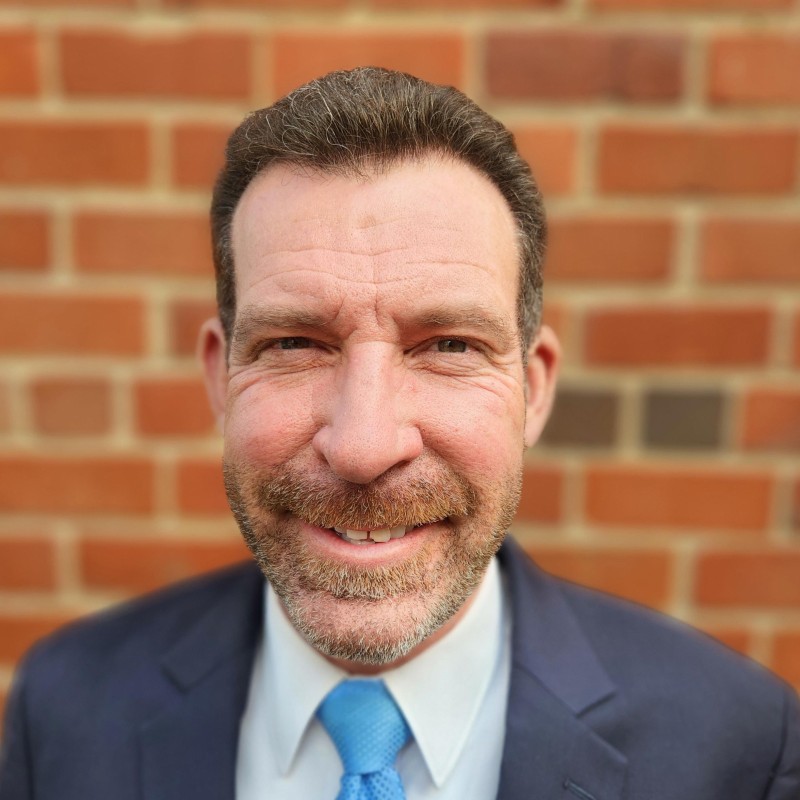The American legal system gives lawyers vast powers over private citizens. In the United States, there are no “loser pays” rules, no limits on lawyers’ ability to file complaints, and a summons requires a defendant to respond, or suffer a default judgment. The result, as the Supreme Court noted decades ago, is that “a member of the bar enjoys singular powers that others do not possess … [A] lawyer can cause persons to drop their private affairs and be called as witnesses in court, and for depositions and other pretrial processes.” And that remains true no matter how meritless a lawsuit is, as federal Rule of Civil Procedure 11 lets lawyers file frivolous lawsuits without penalty.
But what if that vast power wasn’t wielded by lawyers hired to serve clients’ interests? What if that power was wielded by purely for-profit entities – with no legal duty of loyalty to the plaintiff, and no obligations as “officers of the court” – whose contracts with a plaintiff’s lawyers gave them, and not the plaintiff, control of the lawsuit?
The problems posed by those questions appear vividly illustrated in the case of Burford Capital, one of the leading fronters of money to fund lawsuits in America. As the Wall Street Journal describes, the food distributor Sysco used Burford as a lawsuit funder and when it decided to settle some claims with meat suppliers, “Burford balked, claiming the proposed settlement was too low and that Sysco should continue litigating.” Burford’s chief investment officer then wrote an email stating “We are going to have to sue them it seems. They are about to breach our contract.”
As reported, the terms of that contract gave Burford the right to review settlement offers, provided their consent was not “unreasonably withheld.” In this case Burford apparently thought its objection to the plaintiff’s settlements was reasonable – and that the plaintiff’s own decision to settle wasn’t.
But lawyer’s clients, not litigation funders, are supposed to retain the judgment to decide how their own case is handled. The Burford scenario shows how third-party litigation financing denies plaintiffs’ autonomy, and replaces a lawyer’s duty to their client and the court with a lawsuit funder’s pure financial self-interest.
Plaintiffs seek out funders like Burford because they need someone else’s money to bring their case, and funders seek out plaintiffs where they see an opportunity to profit. But, dealing with funders like Burford comes at a steep price: the plaintiff’s ability to use their own judgment in conducting their own lawsuit. Plaintiffs often end up losing control over the enforcement of their own legal rights to entities with no interest in them, but only in whatever potential payoffs might come with their legal rights.
While working for the House Judiciary Committee, I handled legislation aimed in part at requiring greater disclosureOne of the primary objectives of the patent system. In return for the government-granted right to exclude that is embodied in the patent, the inventor must disclose to the public through his patent the invention for which protection is sought. Inventors unwilling to disclose their invention to the public may instead opt for trade secret protection. of third-party litigation financing contracts, so more of these tensions could be exposed. The committee report associated with that legislation noted an agreement for third-party funding of a class action lawsuit, Gbarabe v. Chevron Corp, involving an oil rig explosion off the Nigerian coast which refers to a “Project Plan” for the litigation developed by the funder, “with restrictions on the ability of the class action lawyer to deviate from it.” The report also cites another example from litigation in Ecuador, in which the funding agreement gave control to the funders through the installment of “Nominated Lawyers” selected by the claimants with the funder’s approval.
This type of contract provision was bound to result in intra-party lawsuits eventually. Unfortunately, it takes lawsuits like Sysco’s to pull back a curtain that often hides conflicts of interest that violate core principles of legal ethics. Each time we get a peek behind that curtain, it shows the need for standardized transparency that only Congress can require. Such disinfecting sunlight will show how the strings attached to plaintiffs who come to rely on third-party litigation funders run straight to the bank accounts of purely for-profit. And when funders go further and threaten plaintiffs with lawsuits, the tugs of those strings become yanks on a leash.
In Gbarabe v. Chevron Corp, Judge Susan Illston of the Northern District of California ordered the disclosureOne of the primary objectives of the patent system. In return for the government-granted right to exclude that is embodied in the patent, the inventor must disclose to the public through his patent the invention for which protection is sought. Inventors unwilling to disclose their invention to the public may instead opt for trade secret protection. of the third-party litigation funding agreement because the “funding agreement is relevant to the adequacy [of representation] determination and should be produced to [the] defendant.” Now we see how plaintiffs using third-party lawsuit funders can come to not only have their judgment influenced by the funding contracts, but be threatened with lawsuits from the funders themselves for simply exercising their autonomy.
The third-party funding of lawsuits generates not just more lawsuits, but lawsuits regarding who gets to conduct those lawsuits, plaintiffs or their funders. It’s a lawyer’s world. We’re just living in it. At least until Congress acts.

